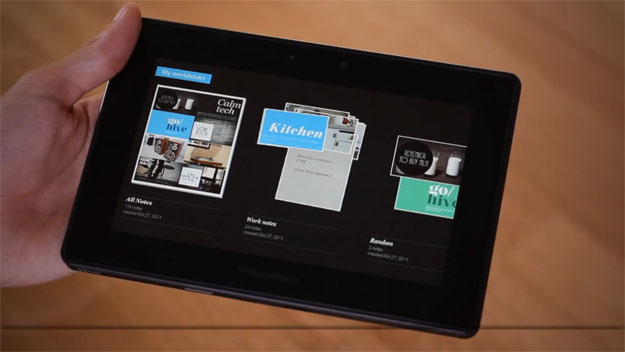
It’s sometimes good to bet big, but it’s never fun to lose big. Research in Motion has lost almost half a billion dollars in the three-month period that just ended on Nov. 26 (Q3 2011), posting a pre-tax write off of $485 million due to unsold and discounted BlackBerry PlayBook tablets, reports the AP. The PlayBook, which launched in April, never took off at its $500 price point and had to be discounted to $300 and now $200 over Thanksgiving weekend. Though the steep discount has led to a sales surge, RIM is now losing a hefty amount on every tablet it sells.
As for sales, RIM said that it shipped 150,000 PlayBooks to stores in Q3, but sold slightly more, indicating that there were unsold PlayBooks at some retailers. BlackBerry smartphones continue to sell, however. RIM moved 14.1 million BlackBerry phones during hte quarter. The big BlackBerry outage in October, which took down service for customers all across the globe, has cost the company $50 million so far.
So the PlayBook is finally selling, but RIM is paying dearly to make it happen. Will this keep the tablet alive long enough for RIM’s promised BlackBerry Tablet OS version 2.0 to come out in February, even with fierce competition from the Amazon Kindle Fire and Nook Tablet? If you’ve bought a PlayBook recently, let us know what you think of it and if you’re actually using it regularly.

